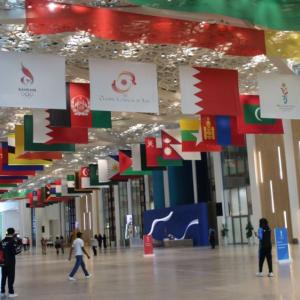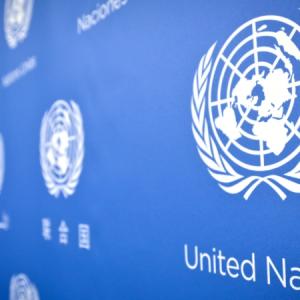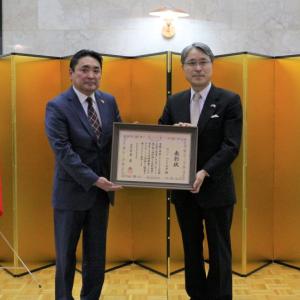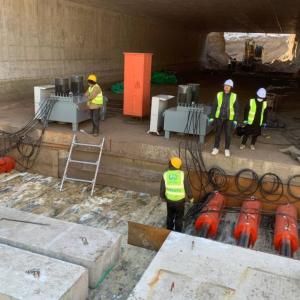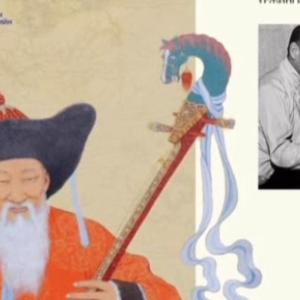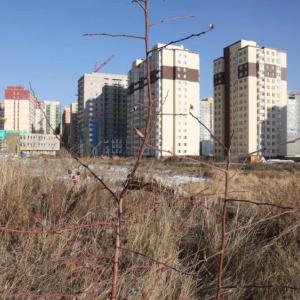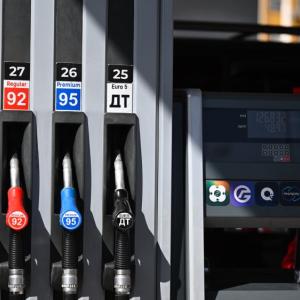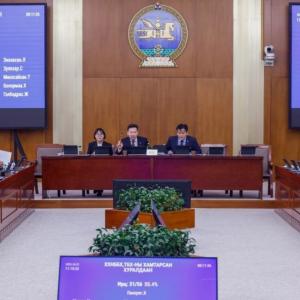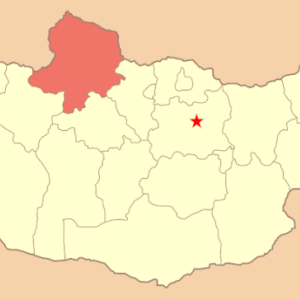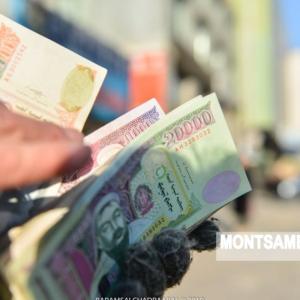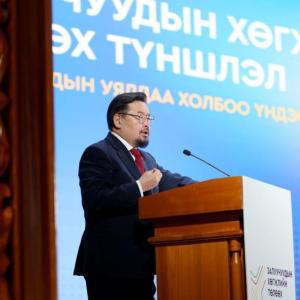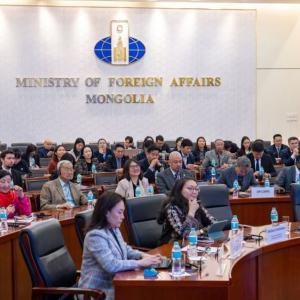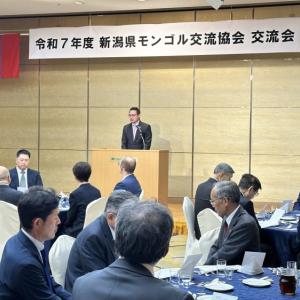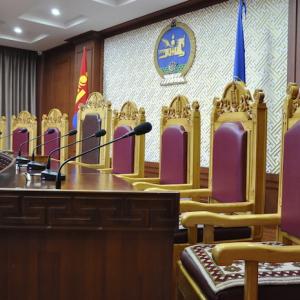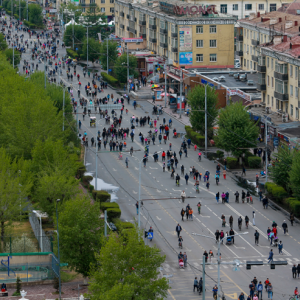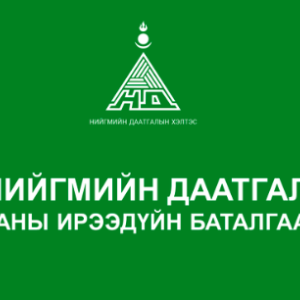IAAC analyses penal sanctions of corruption-related crimes and Corruption Perception Index
Society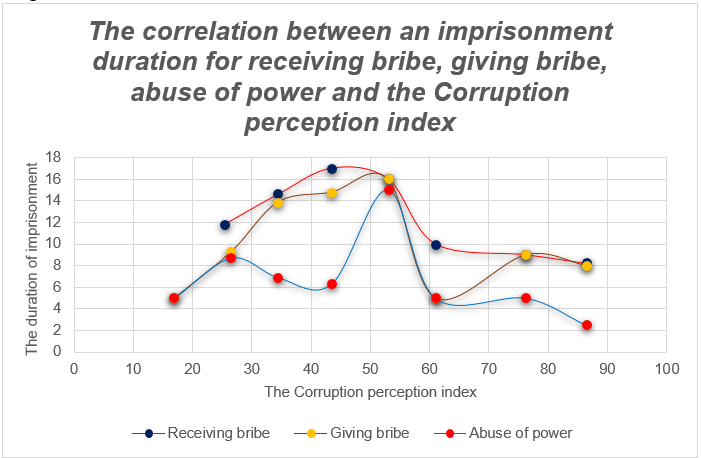
Ulaanbaatar /MONTSAME/. It is common for citizens and researchers to attribute Mongolia’s stagnant corruption level to the lenient penal sanctions for corruption crime. The competent authority of any country prosecutes corruption crimes in accordance with its applicable international and domestic law.
A comparative study of the criminal laws, anti-corruption laws, and other relevant laws of 34 countries was conducted by Independent Authority Against Corruption of Mongolia /IAAC/ to determine the correlation between the types of penal sanctions, duration of imprisonment punishment for the corruption crime, and the Corruption perception index.
The study looked at the most common forms of corruption crime, including receiving bribe, giving bribe, and abuse of power. The countries were grouped according to their Corruption perception index scores (10-19, 20-29, 30-39, 40-49, 50-59, 60-69, 70-79, 80-89) and were calculated their corresponding sentencing rate average. A correlation analysis was also performed to determine the connection between the penal sanctions and the Corruption perception index.
The above figure summarizes the graphs comparing the penalties for receiving bribe, giving bribe, and abuse of power with the Corruption perception index.
“What is the correlation between the penal sanctions for corruption and the level of corruption?” the answer to this question are as follows:
- Transparency International considers the Corruption Perceptions Index of up to 50 points as failing scores, and scores below 30 indicate severe systemic corruption. In this context, the results of the study show that countries with a below 50 score can reduce the level of corruption by legalizing harsher sentences for corruption. On the other hand, countries with an above 50 score can stabilize and effectively reduce corruption by implementing a linear penal sanction policy.
- Research shows that on an average of 15 years of imprisonment sentence for receiving bribe, giving bribe and abuse of power may increase the Corruption perception index up to 50 and can reduce the level of corruption.
- Countries have legislated the amount of fine penalty for corruption crime in proportion to the amount of the bribe and damage.
From the above, it is necessary to review the level of penal sanctions for corruption in Mongolia and to study it in connection to other relevant circumstances and indicators.
Source: Independent Authority Against Corruption
 Ulaanbaatar
Ulaanbaatar










